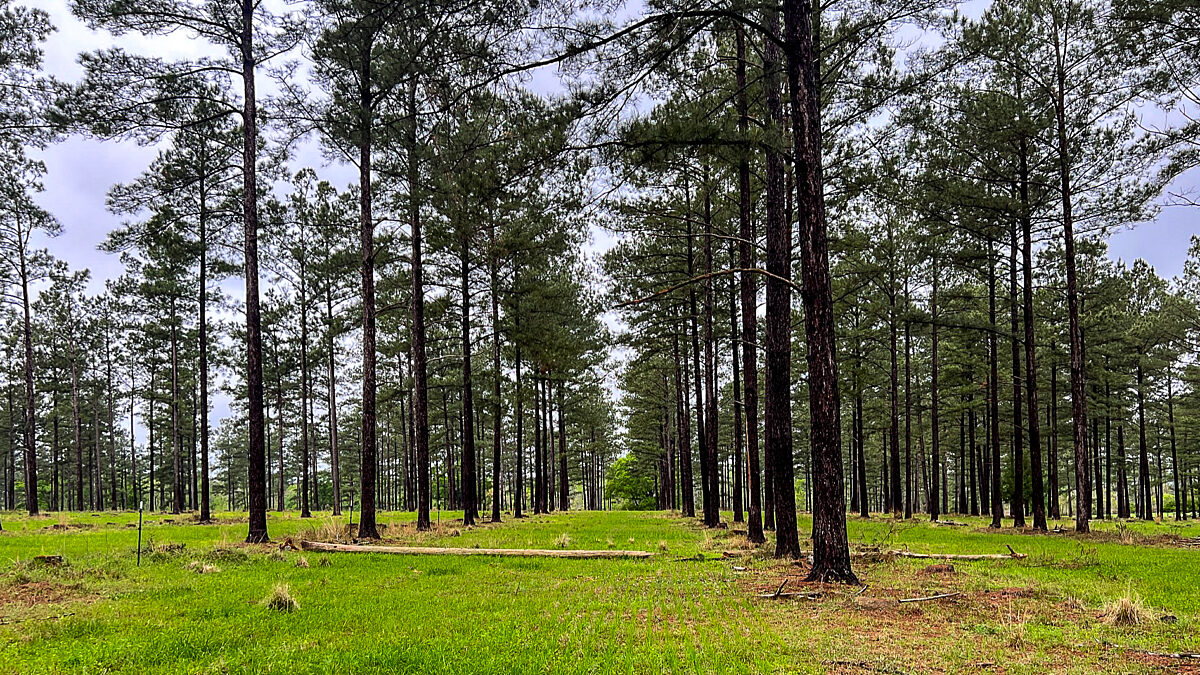Balancing Different Uses and Priorities on Our Public Lands
Zippy Duvall
President

photo credit: AFBF Photo, Cole Staudt
Zippy Duvall
President
By Zippy Duvall
President, American Farm Bureau Federation
Farm Bureau racked up another policy victory last week in our efforts to stop federal regulations that take control away from local governments and land users and give it to bureaucrats in Washington, D.C. In general, actions like this one that put more influence back at the state and local levels, where officials understand what matters to their citizens and economy, are good for farmers and ranchers and their communities.
In general, actions like this one that put more influence back at the state and local levels, where officials understand what matters to their citizens and economy, are good for farmers and ranchers and their communities.
The Senate approved a resolution to overturn a Bureau of Land Management planning rule dubbed Planning 2.0. Rushed out in the final days of the Obama administration, the rule would have given more weight to “social values” and “landscape-scale” management goals established in Washington than it gave to local land-use priorities. The rule would have reduced opportunities for input from affected states, communities and permit holders, including ranchers. The House previously passed the bipartisan resolution, so now it is on its way to the president’s desk for signature.
This win didn’t get as much attention as some others, but it will go a long way toward restoring opportunities for western ranchers to run sustainable livestock operations. Grazing on public lands provides important ecosystem services, including controlling invasive plants, protecting habitat for endangered species and reducing the risk of catastrophic wildland fire. Federal land use plans can have a tremendous impact on the environment as well as the western rural economy, with nearly half of land in the West currently under federal ownership. Many states have an even larger federal footprint, such as Nevada with 85 percent, Utah with 65 percent and Idaho with 62 percent. With Planning 2.0 out of the way, BLM can now return to managing our natural resources based on the multiple-use mandate required by law.
I could’ve written this week about trade, immigration, taxes, farm policy or some other issue that remains ahead of us. But I think it’s important to take a moment to celebrate our wins. And we had a big one last week with the overturn of Planning 2.0 and the reinforcement of state and local control. Thank you to those members of Congress who supported this resolution, and thank you to the grassroots Farm Bureau leaders who made sure their senators understood the importance of balancing different uses and priorities on our public lands.
Zippy Duvall
President
Vincent “Zippy” Duvall, a poultry, cattle and hay producer from Greene County, Georgia, is the 12th president of the American Farm Bureau Federation.
Trending Topics
VIEW ALL